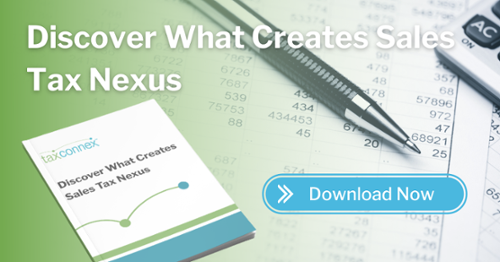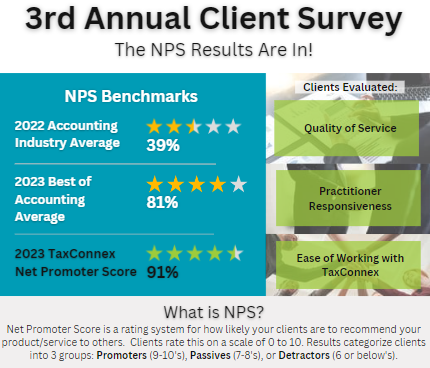Everything old is new again – and that goes for ideas of a U.S. national sales tax. H.R.25 of the 118th Congress, the GOP’s “Fair Tax Act of 2023,” is the latest attempt.
The embattled national sales tax bill, now in committee, was introduced early this year to replace the federal income tax. What’s in the Fair Tax bill? What’s at stake for the revenue of states that already have their own sales tax? And why should eCommerce companies pay attention?
The provisions
This bill imposes a U.S. national sales tax on the use or consumption of taxable property or services in lieu of the current income taxes, payroll taxes, and estate and gift taxes. The national sales tax rate will be 23% in 2025, adjusted in subsequent years.
As with current sales taxes in many states, exemptions will exist for used and intangible property, property or services purchased for business, export, or investment purposes and for state government functions. All states (including those now without a sales tax) and the District of Columbia will be responsible for administering, collecting and remitting the sales tax to the federal Treasury.
Under the Fair Tax bill, Americans will get a monthly sales tax rebate based upon criteria related to family size and poverty guidelines. Tax revenues will be allocated among the general federal revenue, the old-age and survivors insurance trust fund, the disability insurance trust fund, the hospital insurance trust fund and the federal supplementary medical insurance trust fund.
And the IRS would be abolished in a few years.
Little chance
The Fair Tax Act is a quarter-century old: It was first introduced in 1999 by then-Congressman John Linder, a Georgia Republican, and has been introduced in each Congress since and has occasionally popped up on the stump of presidential campaigns. Support has always been minimal – though as part of recent deliberations over the House speakership, now confirmed Speaker Kevin McCarthy (R-CA) reportedly committed to holding a House floor vote on the newest Fair Tax Act.
Is the idea bad? “Moving the federal tax system away from taxing income and toward taxing consumption is a step in the right direction for a pro-growth and simpler tax code. Taxing consumption is a less economically damaging way to raise revenue than taxing income and would potentially be less complex for individual taxpayers to navigate than the current complicated system,” the Tax Foundation has said.
It is hard to imagine an America without an Internal Revenue Service – and, as far as the future of H.R. 25 goes, there’s little reason to. The bill won’t pass. Political divisions aside, critics say a U.S. national sales tax wouldn’t come close to covering the revenue it would replace without an unpalatable sales tax rate of more than 40%.
Consumption taxes also tend to be regressive: Lower-income households tend to spend more of their incomes than they save, the Tax Foundation also points out.
The big view?
Still, even some non-partisan observers note that the Fair Tax Act of 2023 could align America with the rest of the world – such as Europe, where income tax filing is an occasional afterthought for many citizens and where the value-added tax (VAT) is generally higher than the sales tax of even the priciest American states.
But befitting the nation’s name, the sales tax system of the U.S. was born at and evolved from the state level. The history of sales tax in the U.S. began during the Great Depression to bolster tax coffers hammered by the bad economy. Sales taxes today have constituted about 18% of states’ tax revenue – likely to rise as eCommerce continues expanding.
States that rely heaviest on their sales tax to fill the budget include Washington, Louisiana, Nevada and Tennessee, according to the Tax Foundation. The average tax rate among states that levy a retail sales tax has also nearly doubled since 1970, indicating that they recognize the value in keeping sales tax close to home (and that doesn’t even count the thousands of more-local jurisdictions).
Two points about the latest Fair Tax bill:
- Sales tax is a treasured contributor to states’ treasuries. They’re not likely to surrender it easily.
- Sales tax is also, as we’ve seen in recent years, a serious business obligation that can change fast due to political popularity.
If you think your business may be impacted by sales tax developments, contact TaxConnex. TaxConnex provides services to become your outsourced sales tax department. Get in touch to learn more.







.png?width=1200&height=628&name=2023%20logo%20with%20SOC%20and%20clearly%20rated%20(2).png)